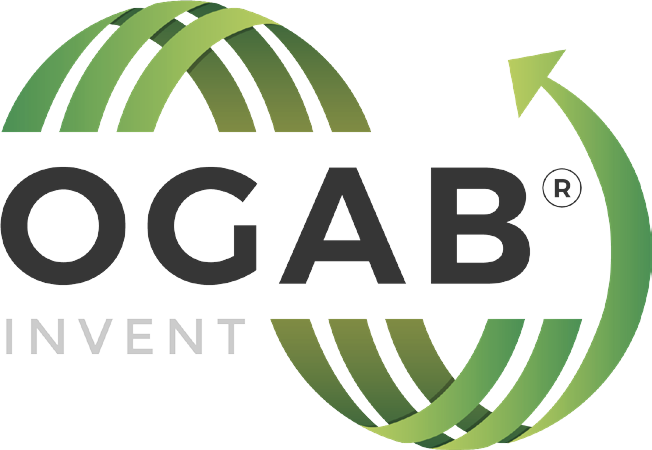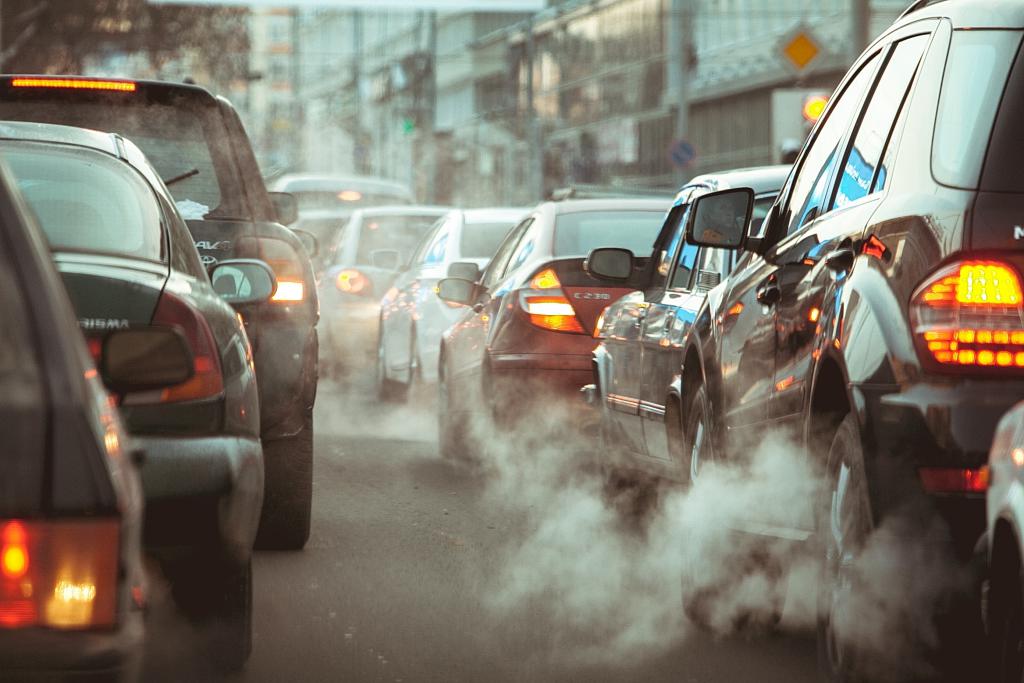In the UK, 71% of towns and cities have an air pollution problem. Largely caused by road traffic, harmful particulate matter (PM) and pollutants in the air are responsible for more than 36,000 premature deaths a year. Furthermore, studies show that one in every three babies in the UK are growing up in areas with unsafe air pollution levels, which can significantly impact their health and future as they grow.
So, what is causing the toxic air problem, and what can we do to reduce the risk to human health?
The Toxic Air Problem
Research shows that air quality in the UK is causing a significant health risk. A report by Asthma UK and the British Lung Foundation has found that over six million adults over the age of 65 are at risk of health concerns because of toxic air.
The highest cost of toxic air is the risk of illness. It is estimated that air pollution in the UK costs over £20 billion a year, costing health services, individuals and businesses. Globally, the cost of air pollution is an astonishing US$8 billion a day. This shows clear social and economic impacts of air pollution and harmful particulate matter.
By improving air quality, the UK will see not only improvements for public health and the environment but also significant economic savings too.
What Is Toxic Air?
Toxic air is the term coined for harmful air pollution. Harmful pollutants, such as particulate matter, are invisible to the naked eye but are circulating in the air. When these pollutants are inhaled, they can cause long-term health concerns such as lung disease as well as poor heart and circulatory health. There are even links between air pollution and cognitive decline.
The pollutants causing toxic air include particulate matter, sulphur dioxide and nitrogen oxides. While industry was once the primary concern for air pollution, now the major cause is the pollutants emitted by traffic. Motor vehicles emit pollutants such as particulate matter through exhaust emissions as well as tyre and brake wear. Just tyre and brake wear itself accounts for around 23% of total road transport emissions.
How Brake Wear Affects The Most Vulnerable
With brake wear being a significant cause of harmful particulate matter, there is a higher risk in built-up areas where braking is commonplace. For example, one in three GP surgeries and one in four hospitals are located in unsafe air pollution areas. Another huge concern is that two of the leading children’s hospitals in the country are located in areas of unsafe air pollution.
Schools and nurseries are also susceptible to unsafe air due to pollution. Furthermore, children receive higher doses of unsafe air during the school run and at breaktimes. Many schools are in high traffic areas, increasing pollution levels. Furthermore, the safer, slower speeds required around school settings can cause increased braking, increasing particulate matter emissions and further impacting air quality.
For children, dangerous levels of pollution can increase the risk of asthma, impact lung growth and function as well as potentially causing issues with brain growth and development.
With air pollution being such a widespread concern in the UK, affecting children, the most vulnerable and anyone in traffic areas, many charities have launched campaigns to improve air quality as a critical requirement for human health.
How Sustainable Braking Technology Can Help Reduce Brake Wear Particulate Matter
One of the ways Ogab is working to reduce the harmful emissions from transport is through our patented Sustainable Braking system. Harnessing energy that would otherwise be lost, our braking system helps to improve brake performance and increase braking safety while also minimising brake wear and capturing harmful particulate matter.
Ogab’s Sustainable Braking technology can store harmful brake dust in a selected capturing unit. It will store the particulate matter until it can be disposed of safely at designated recycling centres or vehicle workshops. This could significant reduce particulate matter emissions from the braking systems, which can be vital in high traffic areas where braking is commonplace.
To find out more about how Ogab can help passenger vehicles to reduce their emissions with brake wear capturing technology, click here.
Taking Sustainable Braking Technology Further
With human health being a priority for improving air quality, it is not just passenger vehicles that can benefit from particulate matter capture. Motorsports can cause significant air pollution during a race weekend. This could impact the health of motorsport teams, motorsport fans and businesses at the event, as well as nearby residents at the circuit.
Many motorsports have committed to increasing the sustainability of their sports. For example, Formula One is pledging to be carbon neutral by 2030. Deploying Sustainable Braking on motorsport vehicles can be an effective way to not only increase vehicle performance and safety but reduce emissions too.
Ogab’s Sustainable Braking system can be deployed on all manner of vehicles, including in F1 and other motorsport vehicles. With multiple benefits from reducing the risk of critical mechanical failures to capture particulate matter, Sustainable Braking can be a fantastic way for motorsport teams to lessen their environmental impact while achieving performance gains too. To find out more about Ogab’s Sustainable Braking in Motorsport, click here.
Improving Air Quality With Social, Environmental And Economic Benefits
Research is already showing the benefits that improving air quality can bring. From protecting human health to economic productivity and even reducing the risk to the environment and infrastructure, it is now essential to focus on minimising air pollution, not only to protect the most vulnerable but to create a brighter future for all.
To find out more about the work Ogab is doing to minimise air pollution in the transport industry, get in touch with our team here.




